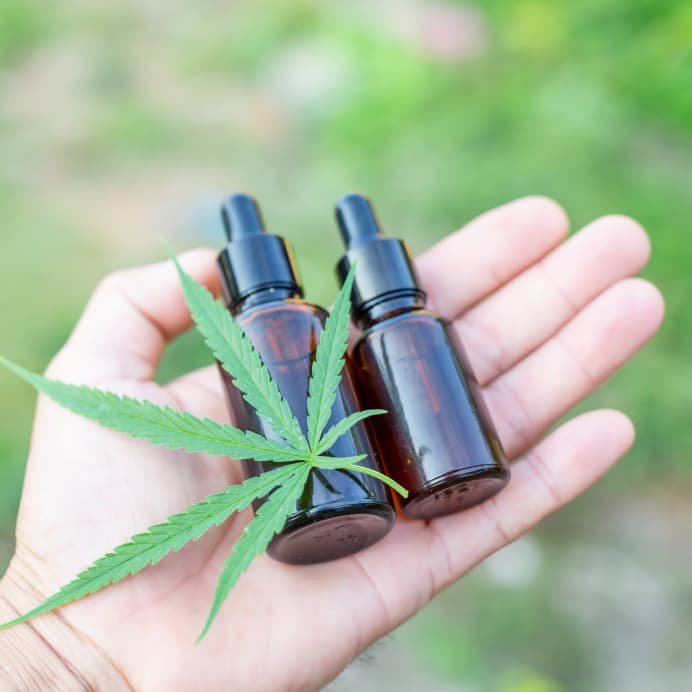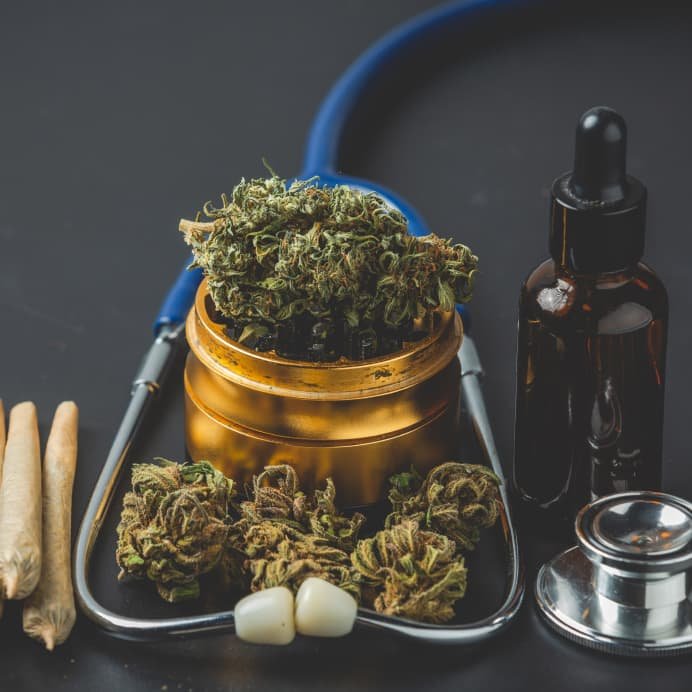Synthetic Marijuana Addiction Treatment
Synthetic Marijuana Addiction Treatment
Navigating Synthetic Marijuana Addiction: Understanding, Recognizing, and Overcoming
Synthetic marijuana addiction refers to dependence on lab-produced substances that imitate the effects of natural marijuana (cannabis). Unlike natural marijuana, synthetic variants, created in laboratories, can have unpredictable and potentially hazardous effects. Marketed as a legal alternative, synthetic marijuana can be more potent, posing serious health risks. Synthetic cannabinoids interact with the brain’s THC receptors, leading to altered mental states, intense highs, and eventual addiction.
Treatment for synthetic marijuana addiction typically involves a blend of behavioral therapy, counseling, and support groups.


Warning Signs of Synthetic Marijuana Addiction
Recognizing these indicators is crucial for effective intervention and providing necessary support for those grappling with synthetic marijuana addiction.
Increased Tolerance: A higher tolerance to synthetic marijuana is a common sign of addiction, necessitating larger amounts or more potent forms over time.
Withdrawal Symptoms: Experiencing withdrawal symptoms when attempting to quit or reduce synthetic marijuana use strongly indicates addiction, including anxiety, restlessness, irritability, insomnia, loss of appetite, and strong cravings.
Mood Swings: Sudden and extreme shifts in mood, from euphoria to irritability or depression, may occur even in the absence of drug use.
Neglected Responsibilities: Neglecting personal and professional responsibilities due to synthetic marijuana use is a sign of addiction, affecting focus on work, school, family obligations, or relationships.
Social Isolation: Addiction often leads to withdrawal from social activities and relationships, with avoidance of friends, family, and hobbies in favor of synthetic marijuana use.
Health Problems: Respiratory issues, heart palpitations, memory impairment, and psychiatric disorders like anxiety or depression may be linked to synthetic marijuana addiction.
Health Complications with Synthetic Marijuana Addiction
Understanding risks associated with synthetic marijuana addiction is vital for promoting effective recovery:
Respiratory Problems: Breathing difficulties, chronic coughing, and lung damage can result from synthetic marijuana use.
Cardiovascular Effects: Increased heart rate, elevated blood pressure, and irregular heart rhythms may lead to heart attacks, strokes, and other complications.
Cognitive Impairment: Difficulty concentrating, learning, problem-solving, and overall cognitive performance.
Psychiatric Disorders: Anxiety, depression, hallucinations, paranoia, and intense mood swings can affect mental health.
Addiction and Withdrawal: Dependence may lead to withdrawal symptoms like anxiety, restlessness, insomnia, and cravings.
Acute Toxicity: Severe agitation, confusion, hallucinations, seizures, and life-threatening conditions may arise.

Why Choose 911 Detox recovery for Alcohol Rehabilitation?
Struggling with alcohol addiction can feel isolating and overwhelming, but you don’t have to go through it alone. At 911 Detox Center, we offer a transformative journey towards lasting sobriety that goes beyond just detox.

Detox
Our journey begins with a safe and comfortable, medically supervised detox. We understand the challenges of withdrawal, so we’ll be by your side, managing symptoms and addressing underlying triggers.
Residential
Immerse yourself in a supportive and structured program designed for healing and self-discovery. Through individual therapy sessions, you’ll delve deeper into your story, gaining insights and tools for lasting change.
Recovery Maintenance
Our commitment extends beyond treatment. We offer ongoing support groups, connecting you with others who understand your struggles and celebrate your successes.
Seek professional help immediately if you or someone you know is struggling with synthetic marijuana addiction. Contact our Synthetic Marijuana Rehab LA center for support and guidance, overcoming addiction, and restoring health and well-being.

